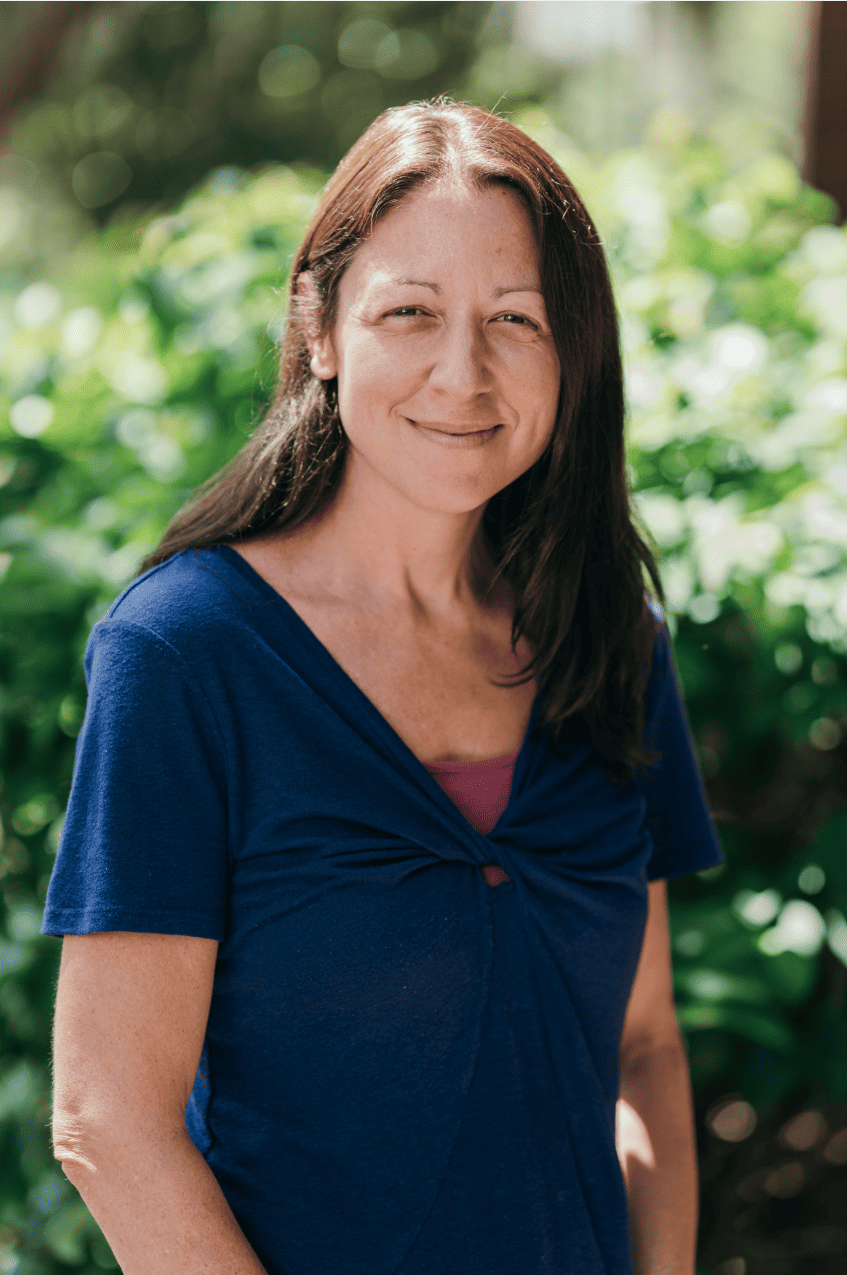School of Information Assistant Professor Dr. Margaret Ann Sullivan was recently awarded a two-year, $344,598 Early Career Development grant from the Institute of Museum and Library Services (IMLS) to investigate library outreach services and the opioid epidemic.

This exploratory project is meant to answer the questions, “What relationships exist between the libraries and local opioid-related harm reduction organizations in US communities hard-hit by the opioid crisis?” and “How has the local opioid use disorder (OUD) population engaged with library services?”
Sullivan shared with CCI that a phone call with a childhood friend about the difficulties that medical professionals have in getting harm reduction information, which is information that reduces the negative consequences associated with drug use, to the OUD population is what inspired Sullivan to pursue this research. She said, “This [project] seemed like an excellent way to use my position as a researcher to the advantage of a population that really needs help and may have trouble accessing it.”
When CCI asked Sullivan how the research will aid the opioid crisis, she stated, “It will provide a blueprint of library responses and collaborations with harm reduction organizations that work well. It will also provide the OUD population an opportunity to have their voices heard on what services and harm reduction resources would be most beneficial to have access to at the public library.”
“Libraries around the country are already stocking Narcan in order to reverse an overdose that happens on-sight. Librarians have been involved in public health information provision for a long time,” says Sullivan. “Ideally, this will help people who suffer from opioid use disorder get better harm-reduction information so that they can be in a position to improve their lives.”
After the research phase, Sullivan plans to create a learning module for librarians on ways that they can respond to the unique needs of people with OUD, as well as conduct outreach to the OUD community, and freely give the learning module to any library or information science school faculty.
Congratulations, Dr. Sullivan!

